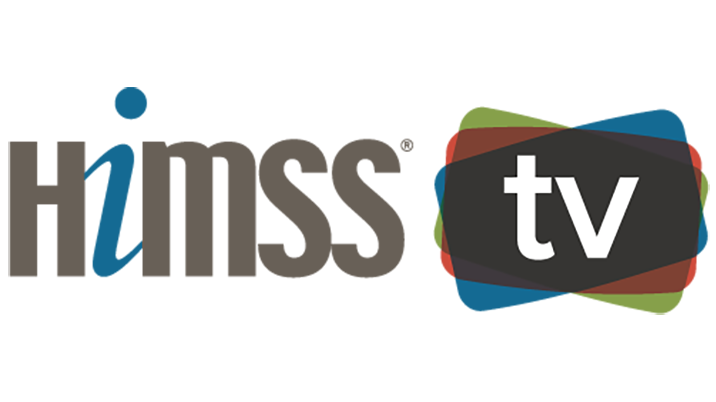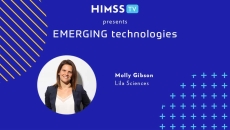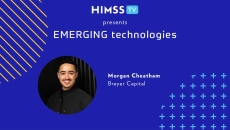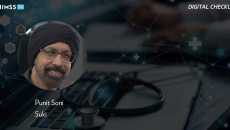HIMSS TV
Molly Gibson, president of future science at Lila Sciences, describes the company's scientific superintelligence computer that analyzes various branches of science and creates hypotheses to help researchers find treatments or cure diseases.
New chief medical information officers should surround themselves with people who know more than they do and create a team that fills the gap in their knowledge and experience, says Epic Emeritus CMIO Dr. Robert W. Warren.
HIMSS25
In the four years since virtual hospital Sheba Beyond's launch, its director general, Dr. Galia Barkai, says leadership has learned that success relies less on technology and more on securing reimbursement and managing change.
When launching a healthcare AI project, Charles Worthington, CTO and Chief AI Officer at the Department of Veterans Affairs, recommends consulting with technology users to understand the problems they encounter and are trying to solve.
HIMSS25
Independent accreditation is essential to ensure that health technology and health organizations are compliant with HIPAA, NIST and other standards, says Kathryn Ayers Wickenhauser, DirectTrust's chief strategy officer.
HIMSS25
Getting every image, anywhere, to anyone who has the right to the image, including physicians and patients through the personal health record, is a key goal, says Dr. David Kaelber, Cleveland MetroHealth's chief medical informatics officer.
HIMSS25
Criteria for a good education session includes content that aligns with global topics, there is no commercialization and that presenters come from provider organizations, says Paul Contino, CIO of University Hospital Newark, New Jersey.
Morgan Cheatham, partner and head of healthcare and life sciences at Breyer Capital, provides highlights of the venture capital firm's strategy when funding emerging technologies and the risks associated with backing these innovations.
HIMSS25
While HIEs and TEFCA represent important interoperability advances, William Cavanaugh, Concord Technologies CEO, says health systems also need to access documents that contain important context for clinicians, rather than just data.
Punit Soni, founder and CEO of Suki, says AI is a fundamental technology that changes hospitals', physicians' and patients' healthcare experience, impacting every aspect, including care delivery, patient summarization and the revenue cycle.










